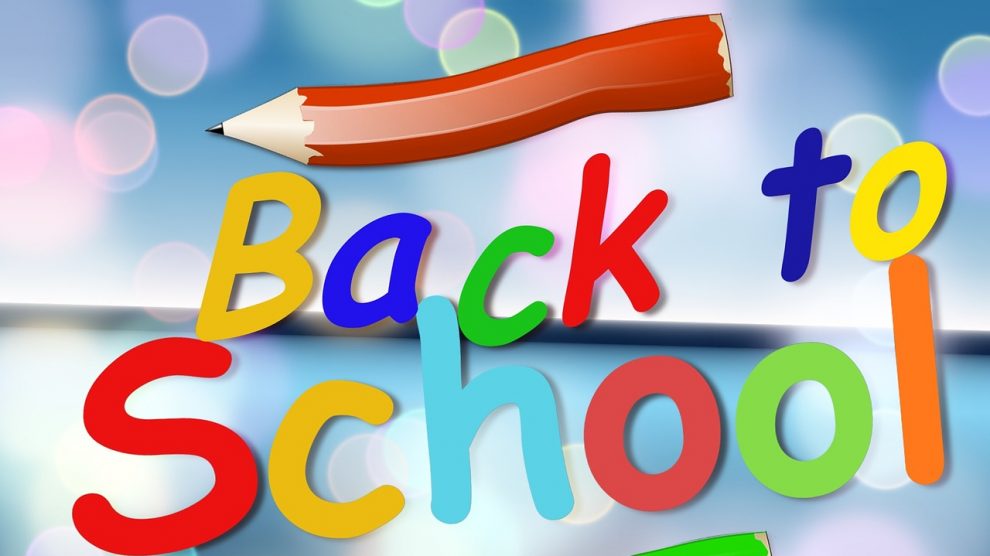Whilst the schools have remained open to keyworker and vulnerable children, the return to school on Monday 8th March 2021, is going to stir up lots of questions and emotions for those who have been at home learning online and for those children who have still been going into school.
Your child may be feeling worried or anxious about what to expect.
The ‘Little Elf and the Flowers of Hope and Bravery’ is a therapeutic story written to help primary aged children explore feelings about returning to school during the coronavirus pandemic.
The Little Elf is feeling a little worried but also excited about returning to school. He thinks he will probably miss his tree which is so cosy and warm. He meets his friend the Little Pixie who is feeling very differently. Little Pixie often finds school difficult and not having been for some time, he is worried about returning. When he is worried, his wings grow really big and he wants to fly away.
The School run website offers some great tips on helping us support our children at this time;
Tell your child what’s planned
As soon as you know what day they will be back in the classroom, tell them when they’ll be returning to school.
Find a quiet time with no distractions, and explain calmly, without any bias from your own opinions and feelings, why it’s now considered safe to go back to school. The evidence on which the government is basing its decisions is that the risk of children becoming ill with coronavirus is far smaller than benefits of being back in school.
Share with them any communications you’ve had direct from the school on how their new day will look when returning to school.
Talk to your child about their feelings
It’s natural for your child to feel sad, worried, cross or overexcited about going back to school and reconnecting with their classmates and teacher, and this could affect their behaviour, for example with tears or angry outbursts.
If your child is struggling with big feelings, try to stay calm and name their emotions out loud so they know you’re listening: for example, ‘I can see that you’re feeling angry at the moment.’
Learning to be an active listener without imposing any judgements or trying to ‘fix’ the problem is a real skill, and will be hugely beneficial to your child both now and into the future.
Reassure your child about the ‘new normal’ safety measures
With social distancing measures and other changes to school life in place, UK classrooms have become slightly different places. Remind your child about why their new classroom layout and school-day routines have been put in place, and how they help keep everyone safe.
Households with children of school age to get COVID-19 tests
Anyone living with school-aged children in England will be entitled to two rapid coronavirus tests a week when pupils return to the classroom, the government has said. All secondary school and college students will be tested twice a week when they go back on 8 March, according to the prime minister’s roadmap out of lockdown.
You can read further details on this on the Goverment website, here
Look out for emails and messages from your school that will explain how they will do this in your schools setting.
If you have any ideas or suggestions to share on helping our children on their return to school, please get in touch with our familylife team via our contact page here





















